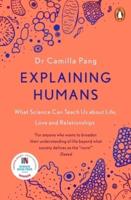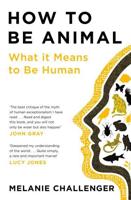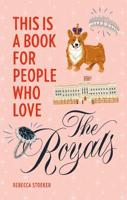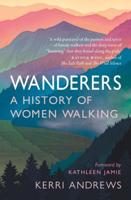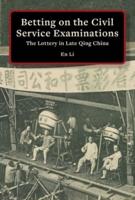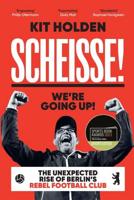Publisher's Synopsis
A Social History of Sheffield Boxing combines urban ethnography and anthropology, sociological theory and place and life histories to explore the global phenomenon of boxing. Raising many issues pertinent to the social sciences, such as contestations around state regulation of violence, commerce and broadcasting, pedagogy and elite sport and how sport is delivered and narrated to the masses, the book studies the history of boxing in Sheffield and the sport's impact on the cultural, political and economic development of the city since the 18th century. Interweaving urban anthropology with sports studies and historical research the text expertly examines a variety of published sources, ranging from academic papers to biographies and from newspaper reports to case studies and contemporary interviews.
In Volume II, Bell and Armstrong examine the revival of Sheffield boxing after the decline of the 1950s and 1960s outlined in Volume I. Instigated by two men from outside the city-Brendan Ingle and Herol Graham-this renaissance became known as the 'Ingle style,' which between 1995 and 2014 produced four world champions: Naseem Hamed, Johnny Nelson, Junior Witter and Kell Brook. These successes inspired others and raised Sheffield's profile as a boxing city, which in the 1990s and 2000s produced two more world champions in Paul 'Silky' Jones and Clinton Woods. In this second volume, Bell and Armstrong track the resurgence of boxing to the present day and consider how the game and its players have changed over time.


